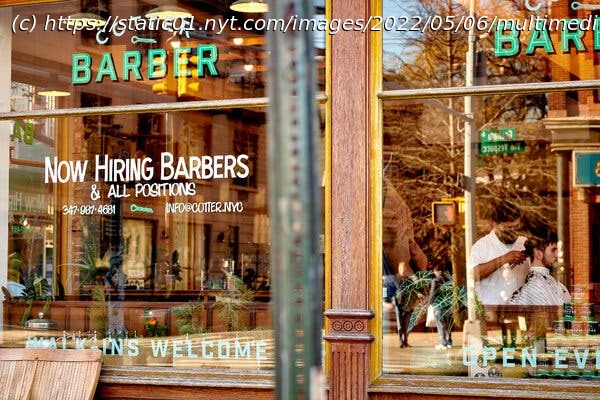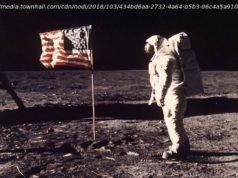The Federal Reserve’s efforts to slow inflation might hit hiring as well.
This morning, the Labor Department will report how many jobs employers added to their payrolls in April. Economists believe it was another solid month of growth. Those surveyed by Bloomberg forecast an addition of 380,000 workers. The unemployment rate is expected to decline slightly to 3.5 percent, returning to its level in February 2020, which was the lowest rate since 1969. This would be a strong showing for the economy, but it’s not all good news. While wage gains are expected — up 5.5 percent from a year earlier, economists predict — they have been offset by inflation, which is at its highest level since 1981. The Fed initially suggested that inflation, which began last spring, was a temporary result of the reopening of the economy after pandemic restrictions. But the surge in prices has persisted, driven by energy supply disruptions caused by Russia’s invasion of Ukraine and coronavirus lockdowns in China. The big question is how and when the Fed’s rate increase will affect hiring. The Fed’s move should, if all goes to plan, lead to higher financing costs, which will slow business growth. This will ultimately cause demand to slow, leading to a drop in prices. The sweet spot for the Fed is creating the conditions to ease the labor shortage, but not so much that there is an increase in unemployment. “You can see that the labor market is out of balance, you can see that there is a labor shortage,” Jerome Powell, the Fed chair, said on Wednesday. “We’ve got to get back to price stability so that we can have a labor market where people’s wages aren’t being eaten up by inflation, and where we can have a long expansion, too.” It could take months. People are returning to the work force, nearing prepandemic levels — just not as fast as employers want them to, writes The Times’s Ben Casselman. Even if the labor force returned fully, there wouldn’t be enough workers to meet employers’ needs, said Michelle Meyer, chief U.S. economist for Mastercard. Many economists expect the U.S. unemployment rate to keep declining, complicating the Fed’s efforts to bring down inflation, Bloomberg reports. A survey from the Institute for Supply Management published this week found that demand for workers remained “hypercompetitive” and that there were not enough qualified workers available. This has hit small businesses the hardest. Boeing moves its headquarters to Arlington, Va., from Chicago. The aerospace giant’s move underscores the importance of the federal government and its regulatory bodies to its business. Boeing has been trying to regain its footing after the grounding of its best-selling 737 Max passenger jet in 2019 after two crashes. Rents are jumping in New York City. The panel charged with regulating rents across nearly one million rent-stabilized homes voted yesterday to support the largest increases in almost a decade.






